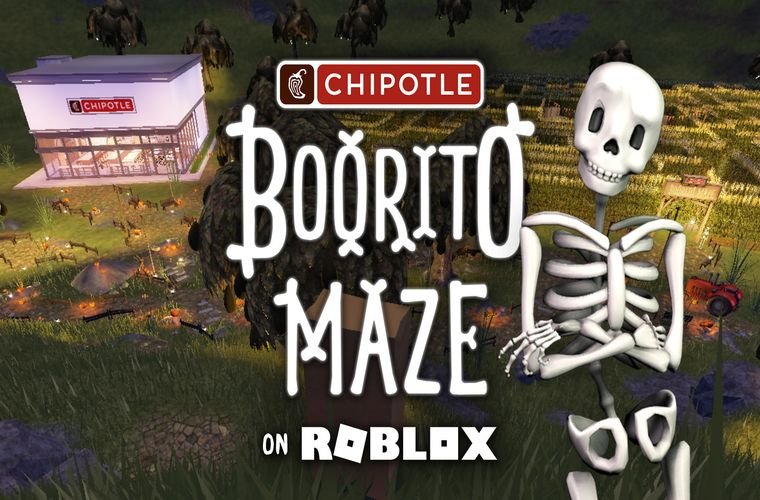It would be a weird experience to be able to order food, but never actually get to eat it. However, this is precisely what’s happening for many users of metaverse platforms like Roblox.
Like many other sectors, the food industry is eyeing the metaverse as a new place to set up shop. While it might be difficult to see how virtual restaurants could be successful, as the user isn’t eating any of the food, there have already been some surprising success stories, with the idea of many more partnerships to come.
Background: The Rise of Bitcoin Pizza Day
The relationship between the metaverse and the food industry began on May 22, 2010, a date otherwise known as Bitcoin Pizza Day. On that day, 19-year-old student Jeremy Sturdivant used the Bitcoin internet forum to deliver two Papa John’s Pizzas in exchange for 10,000 bitcoins, then worth $41. He delivered the pizza to user Laszlo Hanyecz. Instead of saving his bitcoin payment, which would now be worth $365 million, Sturdivant spent it all almost immediately. The day of the bitcoin-for-pizza transaction is now celebrated by cryptocurrency lovers as Bitcoin Pizza Day. This holiday has been used by restaurants to boost their marketing campaigns within virtual reality, encouraging users to use exclusive coupons only found in the metaverse for real-life deals on meals.
Analysis: Virtual Restaurants Keep Things Fresh
Since Bitcoin Pizza Day, restaurants have tested the waters of virtual reality to determine if this type of investment would be beneficial. One of these companies is Chipotle, which, as of 2021, opened a virtual restaurant in Roblox, offering $1 million in free burritos to users. The restaurant opened on October 26th and had its virtual setting Halloween-themed, complete with “boorito” costume contests for avatars, as well as a “boorito” maze. Metaverse users could get exclusive deals for real-life meals at Chipotle’s physical location by interacting with the virtual restaurant. According to Chipotle’s Chief Marketing Officer Chris Brandt, “As a digital innovator, we are always experimenting on new platforms to meet our guests where they are.”
Outlook: Could the Metaverse Sour the Restaurant Industry?
There are many questions to be asked by restaurants about getting involved in the metaverse. Using a cryptocurrency like bitcoin could help increase restaurant efficiency, as customers could pay for their table beforehand, but this may call for a lot of work to install. Food delivery companies like GrubHub or DoorDash will have to pivot their services to fit the virtual environment, as users, like Hanyecz, may want to order food to go in the metaverse.
AS COVID-19 has shifted the restaurant industry towards more distanced interactions, it may be a natural next step to offer exclusive deals within a virtual restaurant setting, encouraging more deliveries or to-go pickups. It is still too soon to tell if this new market may help or hurt the restaurant industry, but it does show how ubiquitous the metaverse is slowly becoming as it has influenced many industries.
Kenna Castleberry is a staff writer at the Debrief and the Science Communicator at JILA (a partnership between the University of Colorado Boulder and NIST). She focuses on deep tech, the metaverse, and quantum technology. You can find more of her work at her website: https://kennacastleberry.com/

